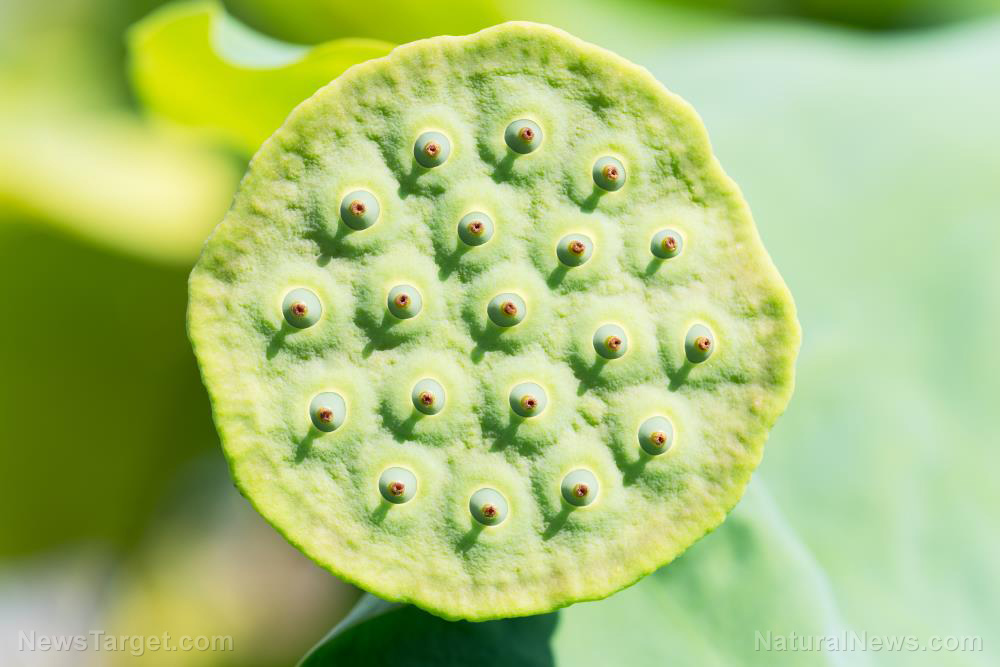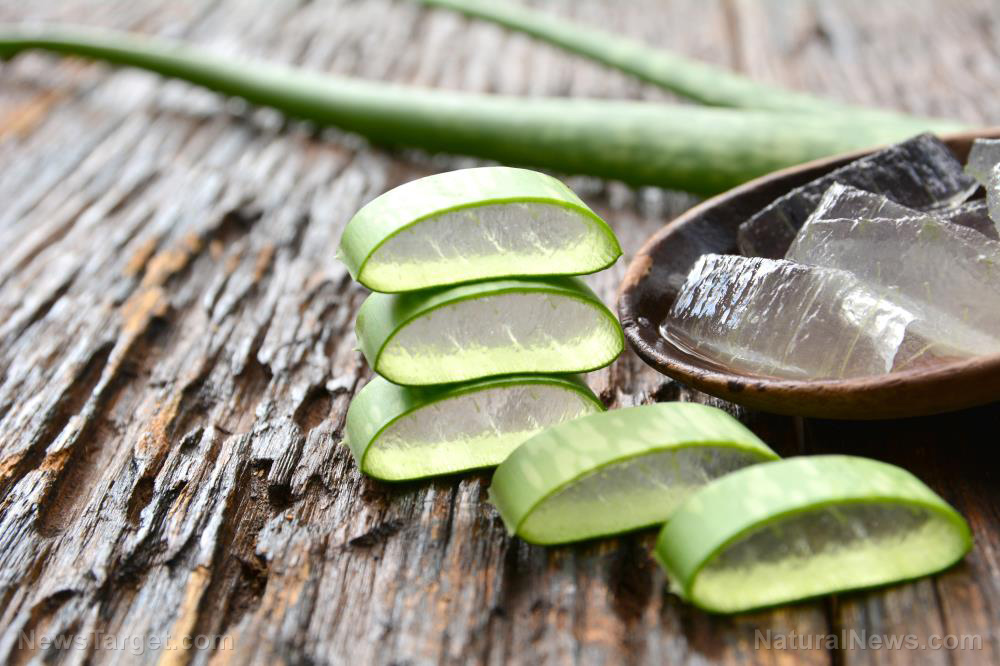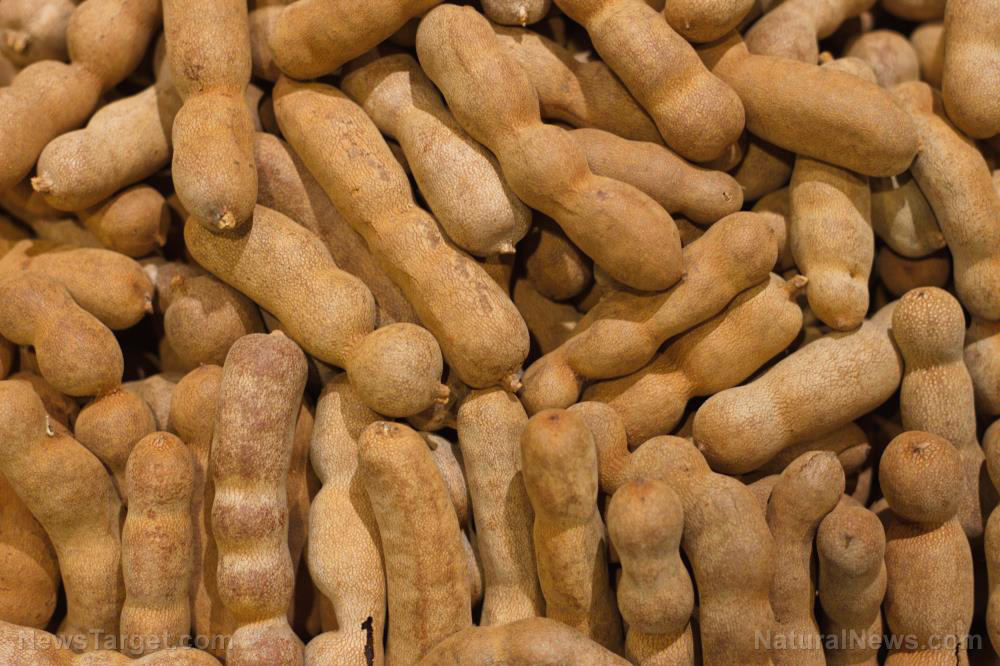Lotus seeds shown to improve hypertensive conditions
11/16/2018 / By Ralph Flores

Scientists from the Chongqing University of Education in China have found a component in lotus seeds that can prevent hypertension. In their study, which was published in the Chinese Journal of Natural Medicines, the team identified the alkaloids from ba lotus seeds, which they called ABLS, to have hypertension-preventive properties, based on in vivo studies using a hypertension mice model.
Hypertension, or better known as high blood pressure, refers to the condition where the pressure of the blood against the arterial walls is higher than it should be. If it persists, hypertension could lead to chronic health problems, including heart attack and even stroke. Despite the dangers that the condition poses, a lot of people are living with high blood pressure. The Centers for Disease Control and Prevention notes that about one in three adults in the U.S. — or about 75 million people — have high blood pressure, and only 54 percent of these people have it under control. In a recent study by the agency, it shows that hypertension can even affect adolescents, with 4 percent of youth between 12 to 19 having the condition.
Most people can have high blood pressure and not know that they have it. This makes it a “silent killer,” with some people realizing that they have hypertension after it has led to complications, or worse, death. The World Health Organization estimates that at least 7.5 million deaths, or nearly least 13 percent of total deaths, worldwide are directly caused by hypertension.
In the study, researchers looked at natural methods to counter this global burden, primarily focusing on lotus seeds, a common ingredient in Asian cuisine and traditional medicine. Earlier studies, in particular, have identified ALBS as an essential compound in lotus seeds. The benefits of ALBS, especially its ability to prevent hypertension, were tested using mice treated with L-NNA to induce hypertension. During the test, the mice were treated with ALBS, and researchers looked at various biomarkers for hypertension to determine the efficacy of ALBS.
The results indicated that mice treated with ABLS had lower values for both systolic and diastolic blood pressure, which indicated a reduced risk of hypertension. The ABLS-treated mice also had improved biomarkers for inflammation, as indicated by lower levels of malondialdehyde levels, which indicate the presence of oxidative stress. According to the researchers, the ability of ABLS to protect against hypertension was comparable to that of captopril, a drug commonly used for hypertension.
From the findings, the researchers concluded that lotus seeds, in particular, ABLS can be used as an alternative treatment for hypertension. Further studies, they added, should target more novel ways to use ABLS in functional food and medicine. (Related: 10 Finest Chinese Herbs You Must Know.)
Other benefits from lotus seeds
Lotus seeds do not just help regulate blood pressure, it’s also used in traditional medicine to treat a wide range of conditions, including ulcers, insomnia, and even diabetes. It’s also beneficial for improving cardiovascular and digestive health, as well as keeping aging at bay. In Southeast Asia and China, where the lotus is endemic, it’s eaten to provide a quick energy boost and to enrich the body with nutrients. It’s also used in traditional medicine and food. Certain cultures use lotus leaves to prepare herbal tea or spice up meals, while others consume the roots and the seeds.
Interestingly enough, the lotus comes from a genus that only has two species — Nelumbo nucifera, or the lotus, and Nelumbo lutea, which is a species of lotus found in North America.
Here are some more health benefits that you can get from lotus seeds. (h/t to NaturalFoodSeries.com.)
- It’s great for people with diabetes. People with diabetes would do well to add lotus seeds to their diet since these contain fiber which can effectively lower glucose levels in their bloodstream.
- It helps you sleep better. Eating lotus seeds unlocks its sedative qualities, which can effectively reduce stress and relieve restlessness. It also has the potential to promote sound sleep.
- It improves digestion. The vitamins and minerals in lotus seeds can boost the digestive system and treat diarrhea and indigestion.
- It has potential anti-aging properties. Lotus seeds contain enzymes that promote collagen and improve protein levels — both of which are required for youthful skin. It also contains vitamins and minerals that keep the effects of aging at bay.
Learn more about herbs used in Traditional Chinese Medicine to treat hypertension at ChineseMedicine.news.
Sources include
Tagged Under: ba lotus, blood pressure, food as medicine, hypertension, lotus seeds, natural cures, natural medicine, prevention, Preventive Medicine, TCM, traditional Chinese medicine


















